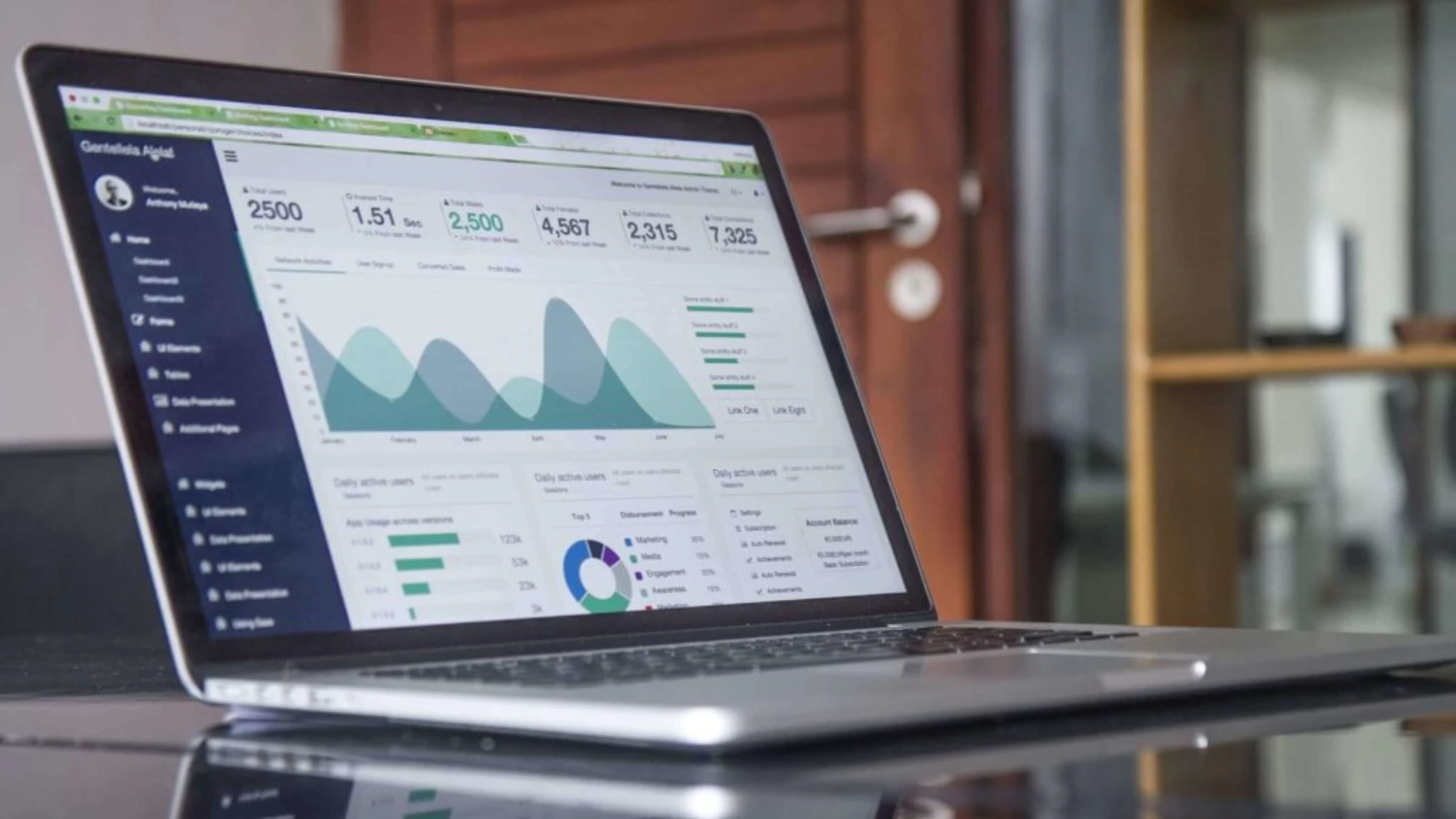When you own a small business, it’s hard to successfully develop and improve everything simultaneously. You might be prioritizing customer service, your website, or your product. And there’s one department in particular that is usually underdeveloped: marketing.
Now, why is that?
The answer might be simpler than you’d expect. It’s because most marketing teams pick a strategy and go with it instead of branching out and trying different things.

For example, if your marketing department is focusing on social media marketing, likely, increasing traffic to your website through PPC is not such a big priority. Instead, creating and delivering content to the audience through various social media outlets is the main action plan.
But the truth is, in today’s ever-changing market, you need to combine all types of marketing, to stay relevant. And you’re going to learn how to develop different marketing strategies and mix them to get spectacular results right now.
Marketing Types
Marketing comes in all shapes and sizes. It can be:
- Social Media Marketing
- SEO (search engine optimization)
- PPC (pay-per-click)
- Inbound Marketing
- Content Marketing Strategy
Both content marketing and PPC are methods in which you can advertise your brand. Although the result should be the same, these two forms of advertisement use different ways to obtain that result.
What Is Content Marketing?
Content marketing revolves around a specific type of content that you share with your audience. You need to make content that is relevant to your audience.
This either means that your content needs to:
- Inform and educate your audience about your services and products
- Attract your audience to your services or products
To do this, you need to have a powerful and well-established brand image and constantly produce quality content. This content can come in the form of blog posts, eBooks, reports, newsletters, etc.
What Is PPC?
PPC stands for pay-per-click. Most commonly, PPC advertising is used on big search engines or platforms, such as Google, Amazon, Bing, etc. Its purpose is to drive traffic to a specific website. It does so by using ads.
The search engine will present several ads to an internet user. Every time someone clicks your ad and lands on your website, you will pay the publisher. These are the basic mechanics of PPC advertising, but if you’re interested in finding more about PPC, you can check out our article.
PPC and Content Optimization Differences
So what is the difference between PPC and keyword content optimization? PPC refers to a set of pay-per-click marketing strategies. The most common of these strategies is to bid on keywords or keyphrases relevant to the product or service your business offers.
Your ad will show up in the search engine results for that particular keyword or phrase. When someone searches for those words or phrases, your ad will show up toward the top of the list, resulting in free traffic to your website.
How to Best Combine Content Marketing and PPC
Combining content marketing with PPC is no easy task. You need to know exactly how each one works, and you need to put time into both constantly. This means that you constantly need to optimize your PPC campaigns, and you need to produce content regularly.
Keywords: Heart of Any PPC and Content Marketing Strategy
But content marketing and PPC can help one another.
For example, you can use your keyword research to add the most trafficked keywords in your blog posts. You can even test the keywords in your ad titles and see how your intended audience reacts to them.
You can also create PPC campaigns that promote your content. Maybe you have blog posts that you’d like to be read by many people, or you have a page where visitors can sign up to receive your content. All of this can be promoted using PPC campaigns and take it to the next level with PPC bid management solutions.
PPC Landing Pages: From Clicks to Conversions
The challenge is to combine content marketing with PPC marketing in such a way that you drive as much traffic as possible to your website. How do you do this? One effective way is through the use of lead magnets and landing pages. These are just simple web pages that direct people to your opt-in form, enabling you to collect the names and other subscribers’ names.
The landing page is also one of the most important elements of your PPC strategy. You can build a perfect copy for your landing page by using your content marketing skills. By having a well-written landing page, you will be able to convert visitors into customers.
Make sure that the landing page has all the necessary elements for you to correspond to its search intent.
For example, if you’re looking to target users searching for particular products or services, make sure that the page gives consumers the ability to quickly find what they are looking for and tell the searcher what they are she is looking for.
Final Thoughts
In conclusion, effectively combining PPC with content marketing is crucial for small business owners to stay competitive.
By diversifying marketing strategies and integrating PPC and content marketing, businesses can reach a wider audience, drive traffic to their website, and convert visitors into customers.
By leveraging keyword research, optimizing landing pages, and promoting content through PPC campaigns, businesses can achieve remarkable results in today’s dynamic market.




